Description
ABSTRACT
Making a Case for Enforcement of Socio-Economic Rights in Nigeria
Kenneth Ugwuokpe*
This article insists that the economic, social and cultural rights (socio-economic rights) are justiciable under the Nigerian legal framework. It maintains that socioeconomic rights are enforceable in Nigeria either in their own right under Chapter II of the Constitution of the Federal Republic of Nigeria 1999, as Amended (1999 Constitution) or pursuant to the provisions of the African Charter on Human and Peoples Rights (African Charter) or the Child Rights Act 2003 (Child Rights Act). It further argues that, at a minimum, socio-economic rights can be enforced by subsuming them under the constitutionally protected rights to life and human dignity by means of progressive judicial interpretation particularly using the Indian model. Accordingly, this paper will examine Nigeria’s judicial attitudes to the enforcement of socio-economic rights visa-vis what obtains in some other countries of the world particularly India and South Africa.
Keywords: Enforcement, Socio-Economic Rights, Judicial Attitude, Fundamental Objectives and Directive Principles of State Policy.
INTRODUCTION
Human rights are traditionally divided into two main groups, namely, civil and political rights and economic, social and cultural rights.1 There is also a third category referred to as the collective or solidarity rights.2 One of the unfortunate results of the dichotomization of human rights into civil and political rights and socio-economic rights was the adoption of two separate UN Conventions, one for each category of rights with different formulation and enforcement mechanisms.3 Thus, at both international and national levels, civil and political rights have over the years enjoyed more prominence in terms of legislative and judicial recognition and patronage than socio-economic rights.4 Consequently, people freely exercise and enjoy as of right the civil and political rights which are recognized, protected and entrenched in the constitutions of their respective countries.
* LLB (HONS) University of Nigeria; BL Nigerian Law School; LLM Schulich School of Law Dalhousie University, Halifax, Canada. I am grateful to Mr. Chukwudi Onwuasanya, LLB (HONS) University of Nigeria; BL Nigerian Law School; LLM University of Alberta, Edmonton, Canada, who read the draft of this article and made thoughtful and insightful comments and suggestions.
- Hugh M Kindred, Phillip M Sanders & Robert J Currie, International Law, Chiefly as Interpreted and Applied in Canada (8th edn, Emond Montgomery Publications 2014) 588.
- ibid.
- See generally Ellen Wiles, ‘Aspirational Principles or Enforceable Rights? The Future for Socio-Economic Rights in National Law’ (2006) 22(1) American University International Law Review 35, 38-9. See also the International Covenant on Civil and Political Rights, 16 December 1966, 999 UNTS 171 (entered into force 23 March 1976) (CCPR) and the International Covenant on Economic, Social and Cultural Rights, 16 December 1966 993 UNTS 3 (entered into force 3 January 1976) (ICESCR).
- See generally Kindred (n 1) 589-590; Emeka Polycarp Amechi, ‘Litigating Right to Healthy Environment in Nigeria: an Examination of the Impacts of the Fundamental Rights (Enforcement Procedure) Rules 2009, in Ensuring Access to Justice for Victims of Environmental Degradation’ (2010) 6(3) Law, Environment and Development Journal 320, 325 accessed October 2019.

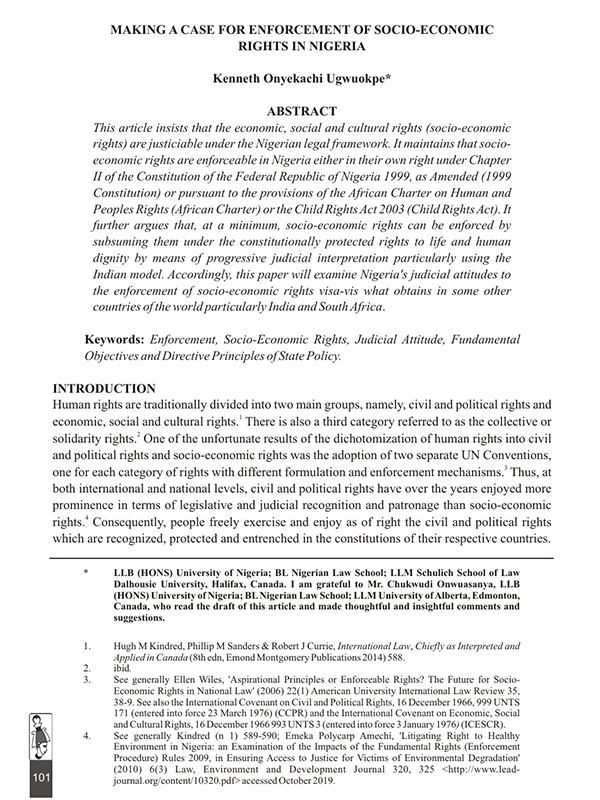
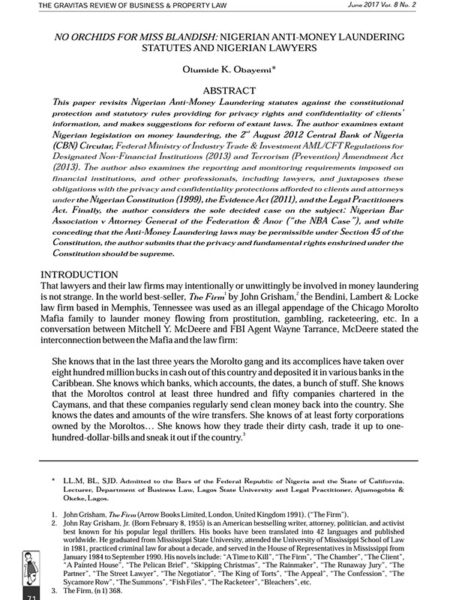
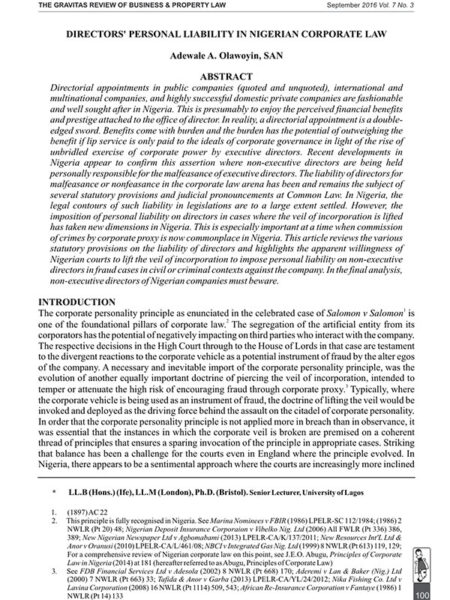
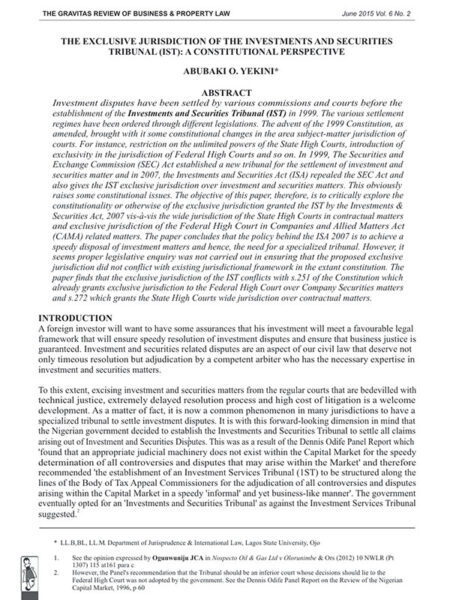
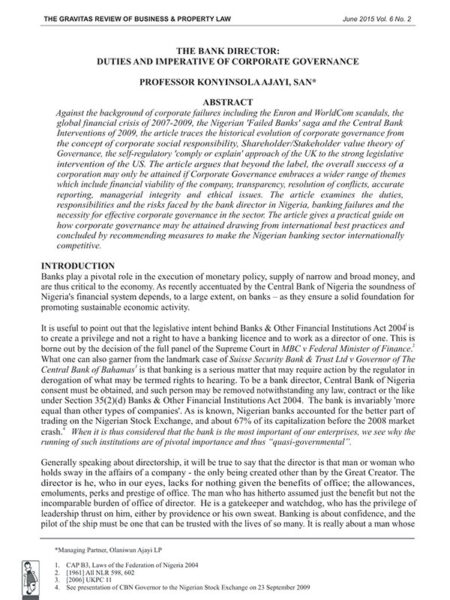


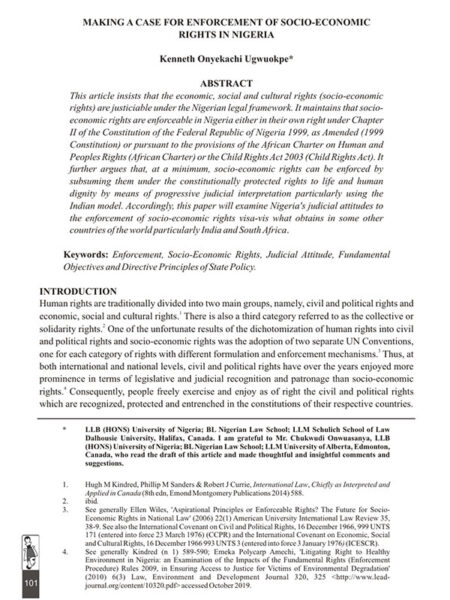
Reviews
There are no reviews yet.